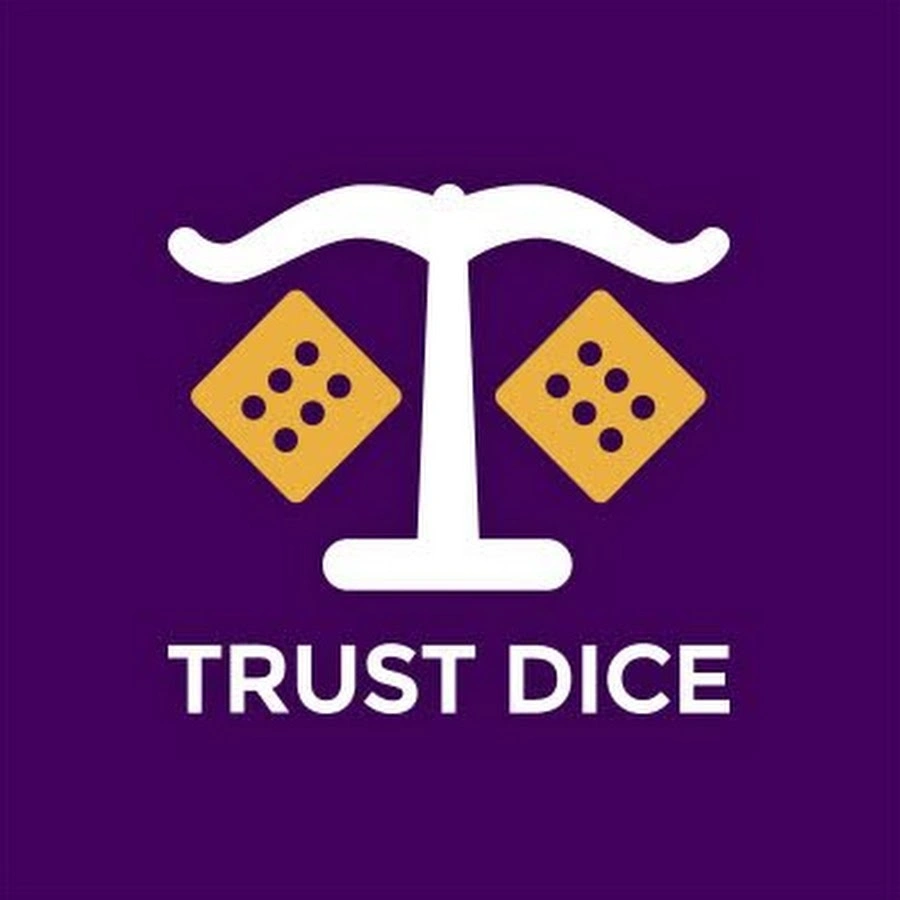Gambling age in Ecuador
So, you’re thinking about hitting the tables, or maybe spinning a few reels while you’re traveling through Ecuador. Here’s the thing: gambling in this Andean country isn’t quite like playing in Vegas or logging into your usual online sportsbook.
Ecuador has its own quirks, its own rules, and yeah, its own red lines you don’t want to cross. Let’s dig into what the landscape looks like, especially around legal age, laws, and playing it safe while you’re there.
You must be 18 to gamble in Ecuador
First off, the magic number. The minimum gambling age in Ecuador is 18. That’s your legal threshold for placing bets, whether it’s a friendly poker night at a private club or walking into a racetrack betting stall.
Sounds pretty standard, right? But here’s where it gets interesting: back in 2011, Ecuador banned all traditional casinos and gambling halls through a national referendum. So even if you’re of age, those plush casino floors? History. What’s left are a few legal gray areas, and some very targeted exceptions if you’re digging deep.
Is online gambling legal in Ecuador?
This one’s a bit of a wild west. Technically, online gambling isn’t specifically regulated in Ecuador. The 2011 ban focused primarily on physical casinos and didn’t go full hammer on digital betting. So Ecuadorian players can, and do, use offshore gambling websites without much interference from local authorities.
That said, there are no government-licensed online casinos based in Ecuador itself. So when you’re playing online, you’re in international waters. Is it illegal? No. But you’re also not getting any local legal protection if things go sideways. Choose your platforms carefully, and if a site seems sketchy, trust your gut. Those instincts usually don’t lie.
Gambling laws and regulations in Ecuador
Ecuador’s gambling laws have gone through some hard pivots. Before 2011, the country had more than 30 legal casinos. Then, with President Rafael Correa’s referendum, those doors slammed shut. The law now technically bans games of chance operated for profit in public venues. That includes casinos, slot parlors, and traditional betting facilities.
But here’s your loophole: private clubs (for recreational gaming that isn’t for house profit) sometimes fly under the radar. Sports betting, when done online through offshore sites, also hasn’t drawn much scrutiny. It’s one of those areas where the law is fixed, but enforcement? Not always high priority, unless you’re operating the illegal venue yourself.
Consequences of underage gambling in Ecuador
Try slipping through the cracks underage, and the consequences won’t be pretty. If you’re not 18 and found gambling, online or off, you can face fines, expulsion from the venue, and even legal penalties.
And if you’re the one enabling underage gambling? That’s a whole other can of legal worms. Businesses caught allowing minors to bet can be shut down fast. We’re talking loss of license (if they even have one), big-ticket fines, and full-blown prosecution. And remember: Ecuador doesn’t mess around when it comes to morality laws. Gambling and alcohol often fall under the same social microscope.
Playing responsibly in Ecuador
Tempting as it is to chase one more round, responsible gambling should always sit in the front seat, especially in countries where support systems aren’t as visible. In Ecuador, one organization standing up against problem gambling is the Fundación Tierra Nueva. They’re not a traditional gambling help group per se, but they work on mental health and addiction recovery across Ecuador, including ludopatía, the clinical term for gambling addiction.
You can reach them at their hotline: +593 2 284 2753 or explore more through their platform: Fundación Tierra Nueva. They run programs in urban and rural areas, and if you’re someone, or know someone, getting too deep, this is a place to start untangling. Gaming is supposed to be fun, not a downward spiral. Don’t torque the bolt too tight.
Play within limits and know when to walk away, even if you think one more spin might save the day. It usually doesn’t. That’s the lay of the land. You’ve got your age restriction, your legal boundaries, your red flags, not to mention a lifeline if it all gets too real. Ready to take a calculated risk? Now you know what you’re working with.
Other South American Countries







